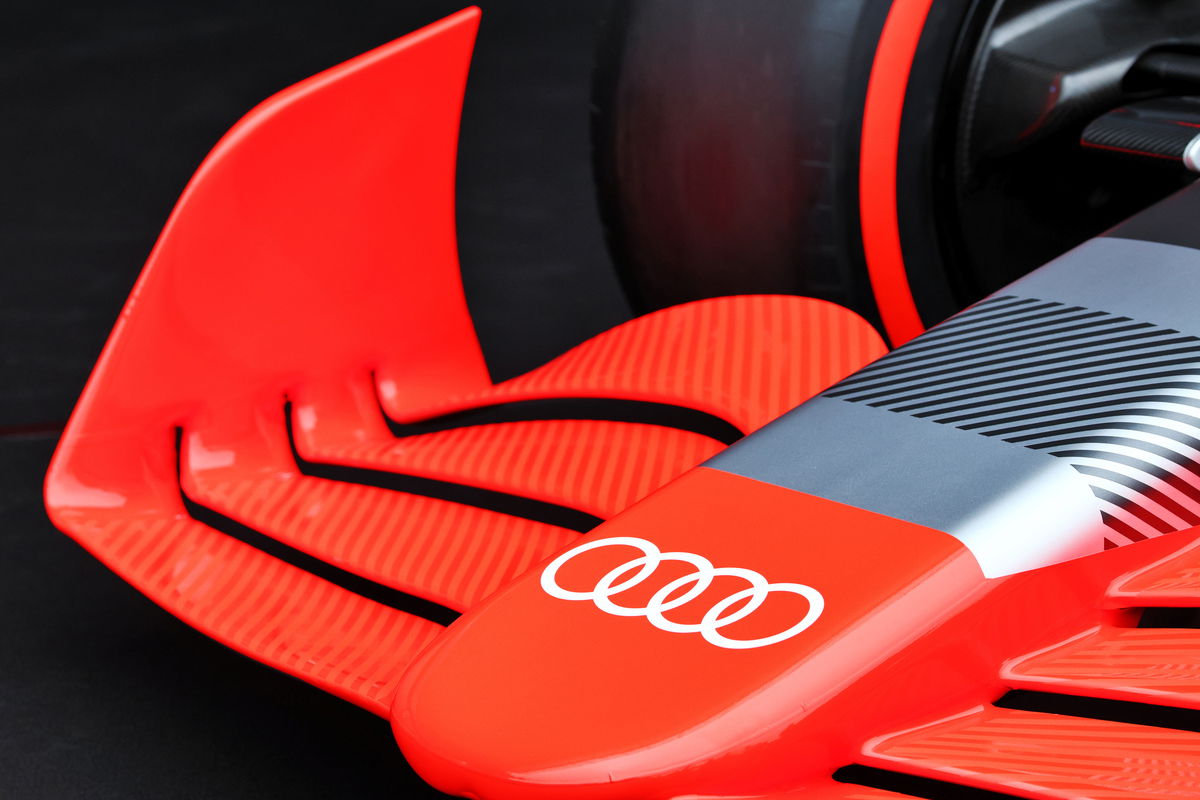

The German automaker was a minority shareholder of the Swiss-based operation with plans to increase that holding through to 2025.
However, it has revised that plan and instead will acquire the team in its entirety by buying out Swedish billionaire Finn Rausing.
Audi was previously set to hold a 75 percent stake in the squad.
A timeline for when the shareholding transfer will be completed has not been outlined.
Audi also outlined the management structure of the team going forward.
That will see Andreas Seidl become CEO of the Audi F1 Team. He is currently CEO of Sauber Group, a move first revealed by Speedcafe.
“I thank Gernot Döllner and Oliver Hoffmann for their trust and am looking forward to leading Audi into Formula 1 together with a highly motivated team as CEO of the Audi F1 Team,” said Seidl.
“We have a clear roadmap for how we want to become competitive in Hinwil as well as in Neuburg.
“We have ambitious goals. Realisation of them is in progress and will be further accelerated through the complete takeover of Sauber by AUDI AG.”
Oliver Hoffmann, currently heading Audi’s technical development division, will become a general representative by the board of management and will be responsible for implementing the marque’s F1 commitment.
Hoffmann will also become chairman of the board of all Sauber companies and will therefore step down from his role as member of the board of management at Audi AG.
His former role will be taken on by Gernot Dollner.
“Motorsport, particularly Formula 1, is my big passion,” said Hoffmann.
“I am convinced that by bundling responsibilities and taking over 100 percent of Sauber Group, we will further accelerate our preparations for the launch in 2026.
“I am pleased we were able to secure the services of Andreas Seidl as Audi F1 Team CEO.
“He is exactly the right man for our ambitious plan.
“Thanks to his broad experience from leadership roles on the manufacturer and Formula 1 team side, he will make a significant contribution to Audi’s Formula 1 project.”
The decision to acquire Sauber in its entirety is believed to address concerns surrounding management complexities and conflicts between the Audi and Rausing camps.





















Discussion about this post